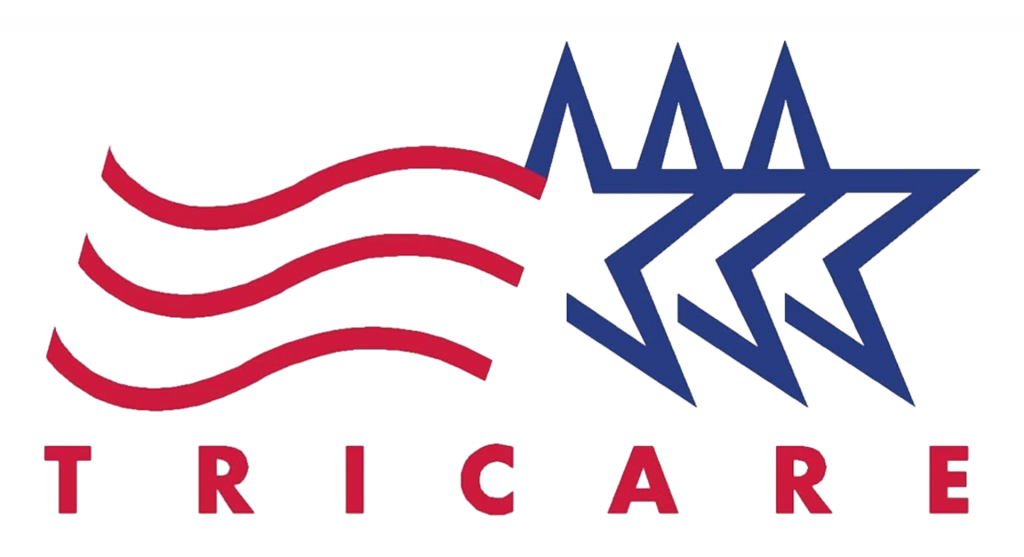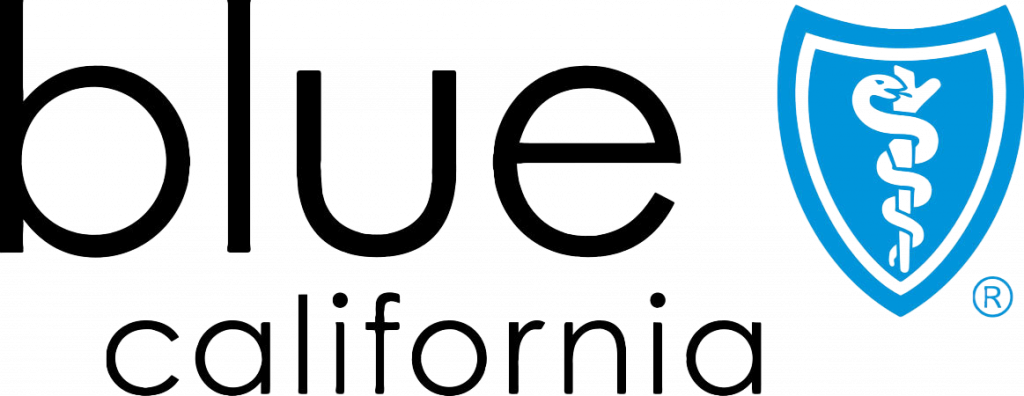
Many people have heard of postpartum depression, or PPD; postpartum anxiety is a similar condition. While it is common to have worries and feel overwhelmed in the period following childbirth, people with postpartum anxiety may experience excessive worry or obsessive thoughts concerning the baby. This level of anxiety is more intense than typical worrying and may last for most of the day. Postpartum anxiety can significantly interfere with quality of life and a mother’s ability to care for their child. Most often, anxiety starts right after childbirth, but symptoms can begin during pregnancy or when the baby is several months old.
It can be difficult to identify postpartum anxiety because it’s normal for new mothers to have anxiety and worries about their baby. One of the key indicators of postpartum anxiety is extreme or excessive worry that feels like it never stops and interferes with your ability to calm down.
Some other common signs include:
– Irrational fears or feeling constantly on edge
– Being afraid to leave your baby alone for a few minutes with your spouse or a trusted adult
– Staying awake all night out of fear that the baby will stop breathing in their sleep
– Avoiding leaving the house out of fear that someone will hurt you or the child.
Some mothers might experience panic attacks or obsessive-compulsive symptoms. This is another strong indicator of postpartum anxiety.
Having constant anxiety takes a toll on your physical wellbeing. Some of the physical symptoms of postpartum anxiety can include:
– Disrupted sleep or insomnia
– Heart palpitations or increased heart rate
– Stomach aches or nausea
– Shortness of breath
– Loss of appetite
– Difficulty sitting still
– Muscle tension
There are also a number of emotional and behavioral symptoms you might notice:
– Irritability
– Inability to relax
– Racing or obsessive thoughts, often about worst-case scenarios
– Difficulty focusing
– Forgetfulness
– Avoiding certain situations, people, or activities
– Checking things over and over again
– Being overly cautious about situations that aren’t dangerous
– Being overly controlling
There are many factors that contribute to a new mother developing postpartum anxiety. Many of the common factors are related to the dramatic changes that occur surrounding childbirth:
– Changes in hormones: The sharp decrease in hormones following delivery can cause changes in mood or make you more susceptible to stress
– Lack of sleep: Caring for a newborn baby is a 24-hour job and many new mothers suffer from sleep deprivation, especially in the first week.
– Stressful events: Having a newborn is a long-anticipated event and there can be a lot of stress around various milestones or events. Things like issues with breastfeeding and a difficult pregnancy or delivery can be distressing.
– Feelings of responsibility: Many new mothers feel overwhelmed with feelings of needing to protect and care for their baby.
There are a number of factors that can increase one’s risk for developing postpartum anxiety. These include:
– Family or personal history of anxiety or depression
– Previous loss of a child or pregnancy loss
– History of eating disorders
– Caring for multiple children
– Having a child with health conditions
– Lacking a support network after childbirth
Antidepressants or anti-anxiety medications are often prescribed for postpartum anxiety. However, many mothers who are breastfeeding may prefer not to take medication. There are many treatment options for postpartum anxiety that don’t involve a daily medication.
The most commonly used therapy to treat GAD is cognitive behavioral therapy, or CBT. CBT involves working with a therapist to identify and modify negative thought patterns and behaviors that contribute to anxiety. It involves identifying and challenging negative thoughts, learning coping skills and relaxation techniques, and gradually exposing the person to their feared situations in a controlled way. Other therapies used to treat generalized anxiety disorder include:
CBT is a type of therapy that aims to change negative patterns of thinking and behavior by teaching people to identify and change distorted thoughts and to develop coping skills to manage their anxiety. It involves identifying and challenging negative thoughts, learning coping skills and relaxation techniques, and gradually exposing the person to their feared situations in a controlled way.
Zulresso is the first medication to be FDA-approved to treat postpartum depression. Administered via IV over 60 continuous hours, Zulresso is extremely effective in providing lasting relief for PPD symptoms and may be helpful for relieving some symptoms of anxiety as well.
TMS is a non-invasive brain stimulation process that triggers neural activity with magnetic pulses. This treatment is FDA-approved and is used to treat a variety of conditions including depression and anxiety. Side effects of TMS can include feeling a knocking sensation or scalp sensitivity during treatment, as well as mild headache that subsides within a few hours.
Ketamine is a medication that is being increasingly used as a treatment for depression and anxiety. It is known for its unique ability to promote neuroplasticity and cause lasting changes in brain chemistry, which can lead to transformative change and long-term symptom relief. In 2019, the esketamine nasal spray (called Spravato) became FDA-approved. At Bespoke Treatment, we offer a range of ketamine treatment methods, including infusions, Spravato, intramuscular shots, and rapid-dissolve tablets.
Neurofeedback, or biofeedback, is a non-invasive process that uses real-time feedback to help a person learn to self-regulate their brain activity. It involves measuring brain waves using sensors placed on the scalp, and then providing feedback to the person through a visual or auditory display. The person is then able to learn to control their brain activity by making changes to their thoughts and behaviors in response to the feedback. A number of studies have shown that neurofeedback is a promising treatment option for anxiety disorders.
There are also many strategies mothers can take to reduce anxiety symptoms naturally:
At Bespoke Treatment, we begin with a comprehensive evaluation to learn about your symptoms, lifestyle, and overall health. Then, after we diagnose your condition and understand your needs, we create a personalized treatment plan to relieve your symptoms and help you manage your negative thoughts. Our treatment plans can include a number of traditional therapies and group therapies, as well as treatment alternatives like TMS, ketamine, and neurofeedback.
If anxiety is disrupting your quality of life, call Bespoke Treatment or request a consultation online today.









